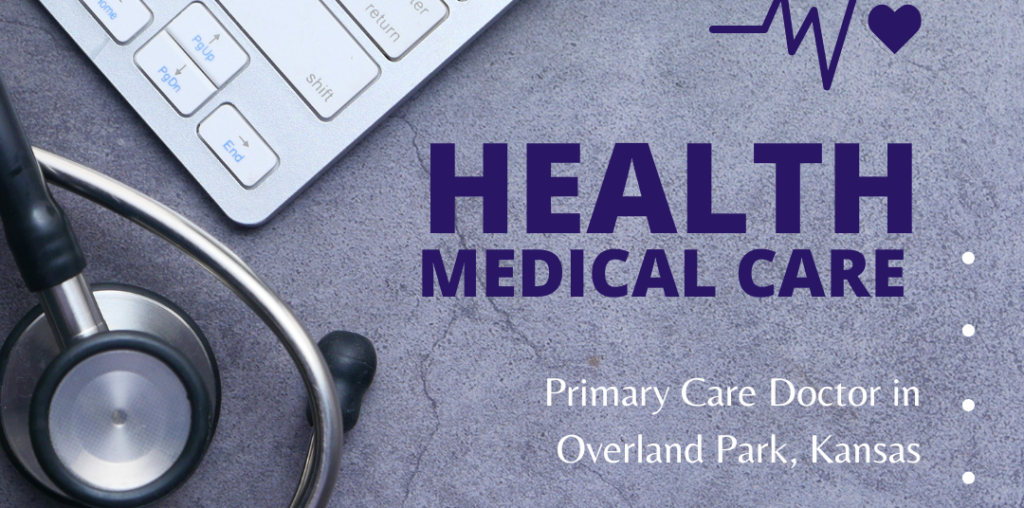As Saudi Arabia strides toward becoming a leader in healthcare innovation, the integration of medical cloud solutions is transforming how patient data is managed and shared. At the forefront of this revolution is the Electronic Medical Record (EMR) system, which is redefining healthcare delivery across the Kingdom. This blog explores the impact of emr saudi arabia and how they fit into the broader landscape of medical cloud solutions.
Understanding EMR in Saudi Arabia
An Electronic Medical Record (EMR) is a digital version of a patient’s paper chart. It contains comprehensive medical history, treatment plans, and other essential information that healthcare providers can access and share. In Saudi Arabia, EMR systems are increasingly being adopted as part of a national strategy to enhance healthcare efficiency and improve patient outcomes.
Key Features of EMR Systems
- Centralized Patient Data: EMRs consolidate patient information from various sources, allowing healthcare professionals to access complete medical histories in real-time.
- Streamlined Workflows: By digitizing records, EMRs reduce the administrative burden on healthcare staff, enabling them to focus more on patient care rather than paperwork.
- Interoperability: Many EMR systems in Saudi Arabia are designed to work seamlessly with other healthcare applications, facilitating the secure exchange of patient data among different healthcare providers.
- Data Analytics: EMRs can analyze health data trends, helping healthcare organizations make informed decisions and improve service delivery.
The Role of Medical Cloud Solutions
The adoption of cloud technology in healthcare is revolutionizing how EMRs are utilized in Saudi Arabia. Here are some key benefits of medical cloud solutions:
Accessibility
Cloud-based EMR systems allow healthcare providers to access patient records from anywhere, anytime. This flexibility is particularly beneficial for telemedicine services and remote consultations, making healthcare more accessible to patients, especially in rural areas.
Enhanced Collaboration
Cloud solutions enable better collaboration among healthcare teams. Multiple providers can access and update patient records simultaneously, ensuring that everyone involved in a patient’s care is on the same page.
Cost-Effectiveness
Implementing a cloud-based EMR system reduces the need for extensive IT infrastructure. Healthcare organizations can save on maintenance costs while benefiting from the latest technology updates without additional investments.
Improved Data Security
Medical cloud solutions offer robust security measures, including encryption and advanced access controls, to protect sensitive patient information. This is crucial for maintaining patient confidentiality and complying with regulatory standards.
Challenges in Implementing EMR Systems
Despite the numerous advantages, the transition to EMR systems and cloud solutions is not without challenges:
- Staff Training: Adequate training is essential to ensure that healthcare professionals can effectively use EMR systems. Organizations must invest in training programs to facilitate this transition.
- Data Privacy and Security: As healthcare data becomes increasingly digital, concerns about cybersecurity and data breaches must be addressed. Continuous monitoring and upgrades to security protocols are necessary to protect patient information.
- Regulatory Compliance: Healthcare providers must navigate complex regulations governing patient data in Saudi Arabia. Ensuring compliance is critical to avoid legal repercussions.
The Future of EMR in Saudi Arabia
The future of healthcare in Saudi Arabia looks promising, with the continued adoption of EMR systems and cloud solutions. The government’s Vision 2030 initiative emphasizes enhancing healthcare services and leveraging technology for better health outcomes. As more healthcare providers integrate EMRs into their operations, the potential for improved patient care and operational efficiency will grow significantly.
In conclusion, the rise of medical cloud solutions and EMR systems in Saudi Arabia represents a transformative shift in healthcare delivery. By embracing these technologies, the Kingdom is well on its way to creating a more efficient, accessible, and patient-centered healthcare system, ultimately leading to a healthier population. As we look ahead, the ongoing investment in and development of EMR systems will play a pivotal role in achieving these ambitious healthcare goals.



